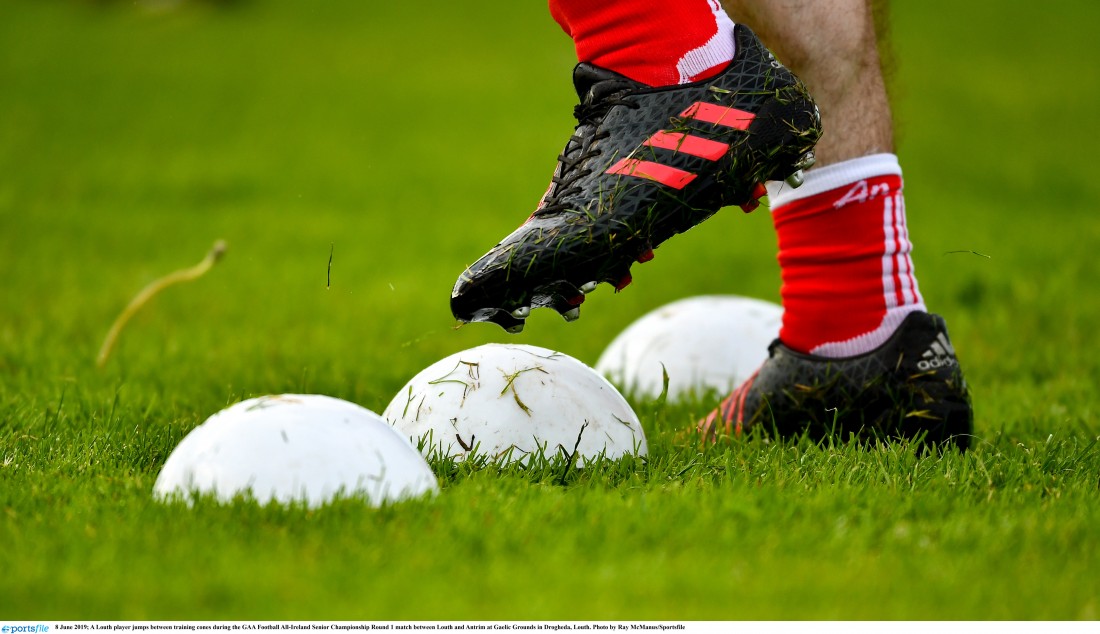SINCE the start of the lockdown we currently find ourselves in there has been one big positive. I have noticed a huge amount of people sharing some fantastic resources on social media, particularly on Twitter.
PE teachers, in particular, from Ireland and beyond have been posting some really engaging stuff. Some of the ideas are skill-based while others have looked at flexibility, agility, co-ordination, some at little bits of fitness. Most importantly, the overwhelming majority of the ideas have been fun.
There is an even stronger message out there right now that exercise is particularly good for you. A healthy body will equal a healthy mind, which is vitally important nowadays, and there is also a message that fitness can actually be fun.
Often the word fitness carries a negative attachment to it, particularly among the young, but it doesn’t have to.
If young people are taught the benefits of exercise early then they can understand better that exercise and fitness is a great avenue towards a better quality of life.
Fitness can be fun, the traditional, unattractive and boring regime of sit-ups, press-ups and laps can be replaced with various activities and games that will keep children motivated and engaged.
From my own experience of nearly 20 years in education, and particularly during my time working with the primary school age groups, the one unequivocal issue I can clearly see is children love playing games, no matter how simple, and they develop this love from a very early age.
Take even an infant or toddler, they enjoy simple games such as peek-a-boo or hide and seek and often laugh with delight when playing such games. It’s not just fun though that playing games provides children; there are so many more benefits than just simple entertainment.
Here are some of the benefits children can gain from simply playing games with friends and family:
1) Teach children patience, sportsmanship and respect:
Teach patience while children wait their turn to play or wait for the end of a game before a game ends or changes. With the culture of mobile phones and internet, young people develop a feeling of gaining information immediately and that can have an adverse effect on their development of patience. They can also learn to lose graciously and also to win graciously, not gloating in victory or huffing in defeat. Building and centering the games you play around fun will help to develop this.
2) Teach motor skills, listening skills and concentration:
Motor skills can be developed through any fun games, even favourites like stuck in the mud or Simon Says. Some bat and ball games are excellent for early development of hand-eye coordination. The vast majority of games all help develop good listening skills and concentration since it’s impossible to play a game without paying attention, listening and communicating with team-mates and mentors.
3) Promote family fun and togetherness:
Games and play between parents and children will help strengthen family relationships and bonds, particularly now we have more time with our families. Children who play games from an early age will likely grow up enjoying games and will be more likely to enjoy playing games as teens or adults.
The great Roald Dahl said, “Life is more fun if you play games.”
I can vouch for the last point; over a quarter of a century ago I used the garden and driveway at my parent’s house as a football/tennis pitch, the gable wall was pounded with basketballs, tennis balls, soccer and Gaelic footballs.
As only recently as the other evening, myself and my two girls stuck two chairs 10 yards apart in the back garden, placed a piece of rope across as the net and played football tennis for an hour, games are brilliant, games are fun, let children play.
comment@gaeliclife.comSteven Poacher: Teach
Receive quality journalism wherever you are, on any device. Keep up to date from the comfort of your own home with a digital subscription.
Any time | Any place | Anywhere












